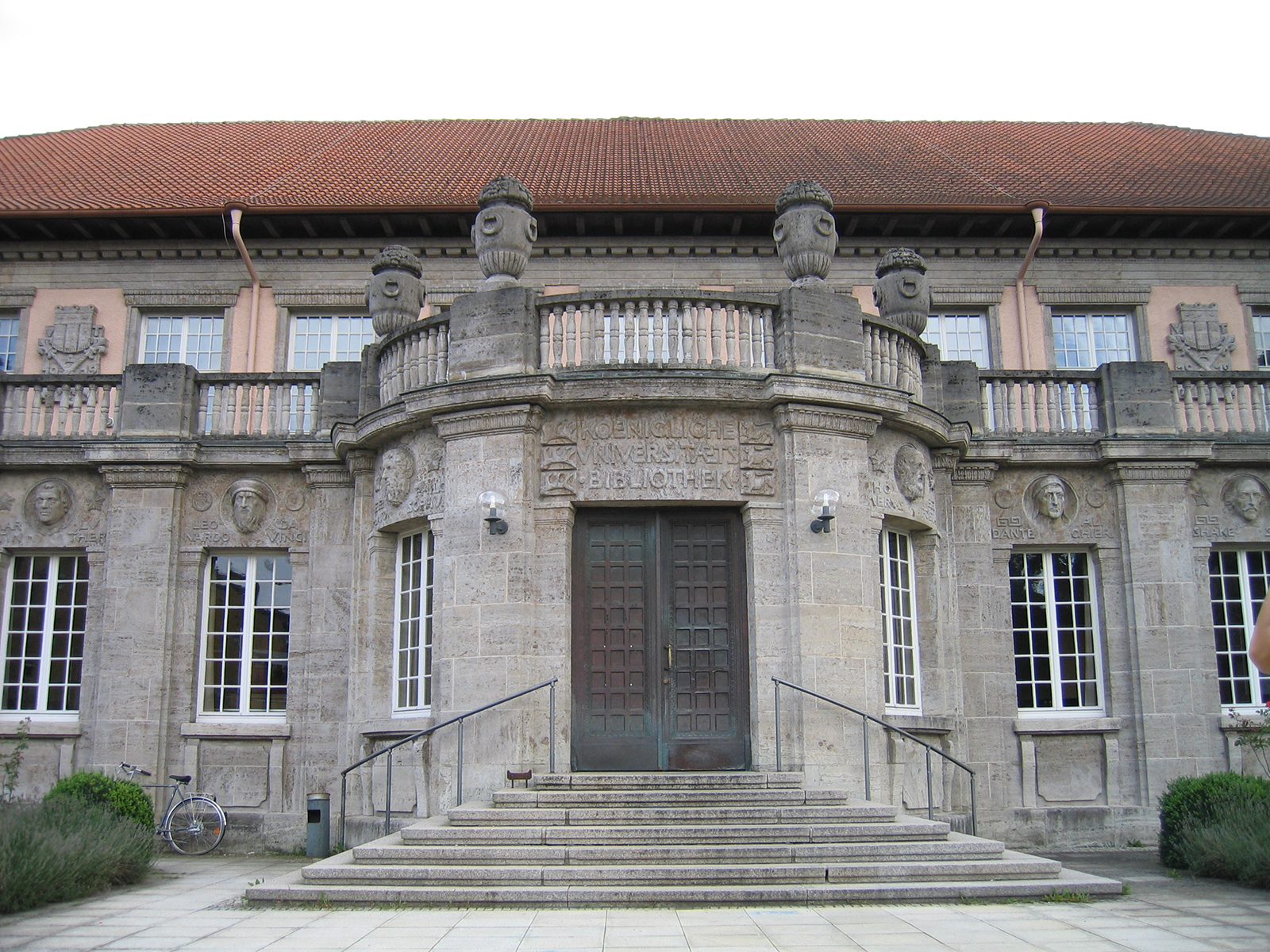University of Tübingen: Attila Dézsi Wins Barbara Scholkmann Prize for Dissertation on 20th Century Protest Archaeology
This year, the Barbara Scholkmann Prize for Historical Archaeology goes to Attila Dézsi for his dissertation submitted to the University of Hamburg on a topic from the contemporary archaeology of the 20th century. The prize, which is endowed with 2,000 euros, was presented to Dézsi at a ceremony on July 18, 2024 at Hohentübingen Castle. The Barbara Scholkmann Prize is being awarded for the fourth time this year at the University of Tübingen. The university’s Department of Medieval Archaeology and its support association are using it to honor dissertations that represent research progress for historical archaeology.
Attila Dézsi conducts research at the Collaborative Research Center “ResourceCultures. Sociocultural Dynamics in the Use of Resources” (SFB 1070) at the University of Tübingen. His dissertation, which was awarded the Scholkmann Prize, is entitled “Contemporary Archaeology of the 20th Century at Sites of Protest. Critical Archaeology and Community Archaeology of the Free Republic of Wendland”, which he submitted and defended at the University of Hamburg in 2023. In it, he examined finds from the legacy of the hut village that was built in 1980 by opponents of nuclear power in a forest clearing near Gorleben in the Wendland region of Lower Saxony. The protesters wanted to prevent work on the search for a final repository for radioactive waste. They proclaimed the Free Wendland Republic on May 3, 1980; their hut village was cleared by the police and the Federal Border Guard after a few weeks.
The jury of the Barbara Scholkmann Prize considered Dézsi’s topic to be particularly innovative, as contemporary archaeology in Germany has so far been largely limited to relics of the Second World War and the Cold War. The dissertation extends the temporal limit and demonstrates the potential of archaeological approaches for researching the recent past. Dézsi confidently combines methods of archaeology with methods of empirical cultural studies, sociology and contemporary history, the jury continued. In his work, he was able to demonstrate strategies of “forgetting” the protest village, partly desired by the state, which have so far neither been historically documented nor clearly discussed. His approach of critical archaeology contributes to overcoming the disciplinary boundaries between German historically influenced and anthropologically influenced historical archaeology.
The Barbara Scholkmann Prize for Historical Archaeology has been awarded every two years since 2018 by the Association for the Promotion of Medieval Archaeology at Hohentübingen Castle and the Medieval Archaeology Department of the Institute for Prehistory and Early History and Medieval Archaeology at the University of Tübingen. The prize is intended to support archaeologists who are at the beginning of their careers. The sponsor of the prize is Barbara Scholkmann, who was Professor of Medieval Archaeology at the University of Tübingen until 2007.

